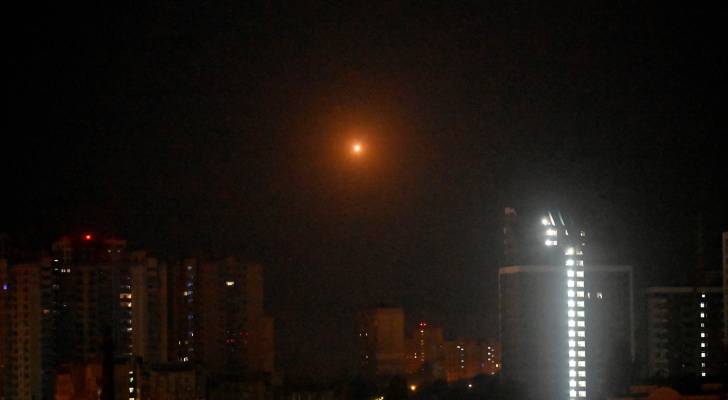Economic sectors dependent on expats warn of 'prolonged' slowdown
The Jordan Times
AMMAN — Key economic sectors in Jordan that depend heavily on expatriates are beginning to feel the strain of slower business activity, with industry experts warning that the trend is starting to weigh on revenues and could hinder growth if left unaddressed.
Economist Samir Ahmad said the slowdown is partly driven by changes in expatriate demographics. “Hospitality and real estate are among the hardest hit, as they are closely linked to the presence of high-spending expats,” he said. “When fewer expatriates relocate, or when those already here cut back on discretionary spending, the impact is immediate.”
In the hospitality sector, hoteliers in Amman have noted a decline in long-stay bookings. “This month, stays have shortened and more clients are opting for budget-friendly options,” said Rabi Ibraheem, an employee at a hotel chain. “The ripple effect extends to suppliers, transport providers, and even cultural venues.”
Real estate faces similar challenges. Mahmoud A., a developer specialising in high-end apartments for expatriate tenants, said demand has cooled. “Our peak season is usually June and July, but now many units remain vacant into August,” he noted. “This affects landlords as well as maintenance companies, furnishing businesses, and service providers.”
Despite the downturn, stakeholders believe the situation can be reversed, citing Jordan’s stability, skilled workforce, and strategic location as competitive advantages.
They also emphasised the need to diversify source markets. “Relying on a narrow set of countries makes us vulnerable to political or economic changes there,” Ahmad said.
While the slowdown has yet to reach a crisis point, business owners warn that without targeted action, sectors most reliant on expatriates could face sustained pressure.
Latest News
-
 Houthi prime minister killed in ‘Israeli’ airstrike on Yemen’s Sanaa: reports
Houthi prime minister killed in ‘Israeli’ airstrike on Yemen’s Sanaa: reports
-
 UK bans ‘Israel’ from London arms fair
UK bans ‘Israel’ from London arms fair
-
 Jordan’s trade surplus with US narrows as exports decline
Jordan’s trade surplus with US narrows as exports decline
-
 King, Kazakhstan president attend closing session of Kazakhstan-Jordan Business Forum
King, Kazakhstan president attend closing session of Kazakhstan-Jordan Business Forum
-
 Zelensky says 8 killed in Russian strikes on Kyiv
Zelensky says 8 killed in Russian strikes on Kyiv